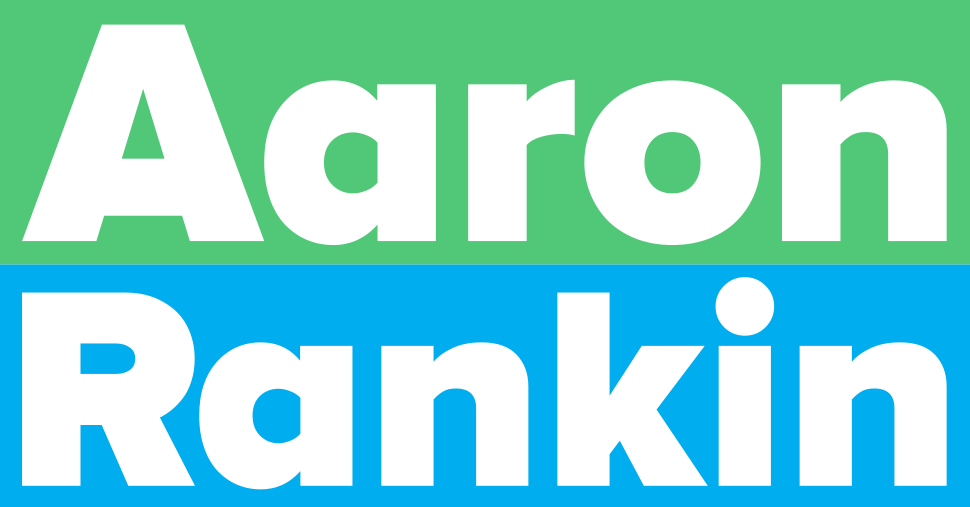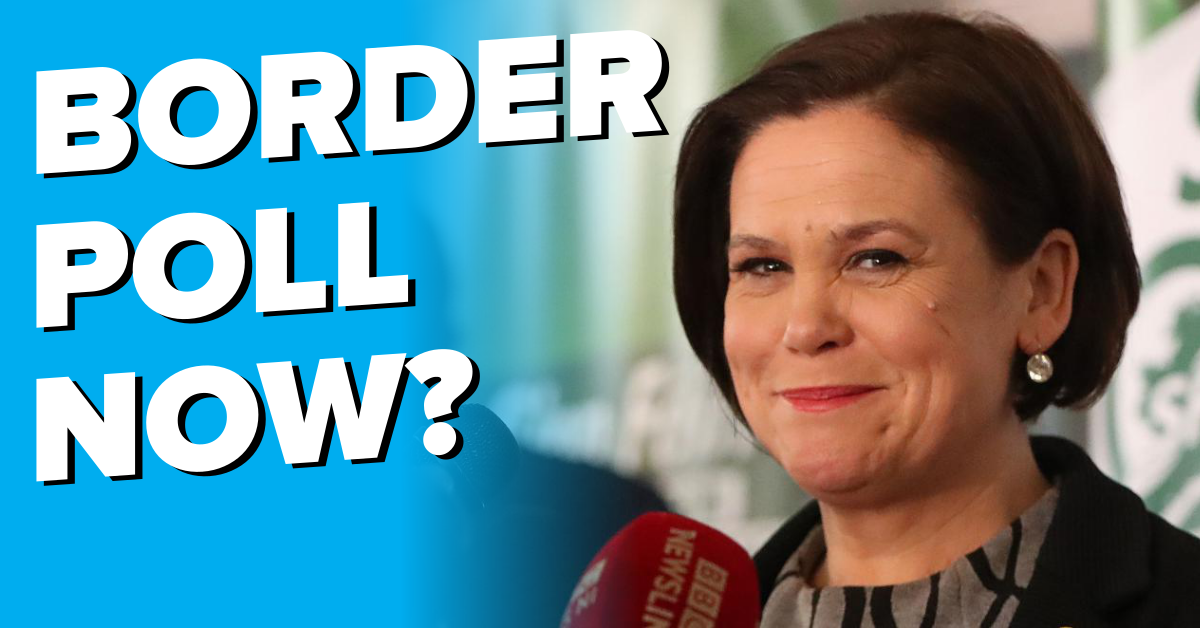


10th February 2020
The results of the Irish General Election are now finally in and it’s become clear that Sinn Fein have had their best result in just over one hundred years. Within 48 hours they’ve gone from a fringe outfit to power brokers, potentially leading a coalition government in Dublin for the first time in The Republic’s history. The outcome was certainly a surprise, especially for Sinn Fein themselves as back in May last year they did abysmally in the council elections and thus only ran half as many candidates as their main rivals Fianna Fáil and Fine Gael in this election.
This practical realignment of Irish politics has led some to consider what this means and what the wider ramifications could be for the island as a whole. Most of these analyses however are rather wrong headed and are generally coloured by unrelated concerns closer to home, plenty of people of both nationalist and unionist persuasions are simply reading what they want to into the result for their own ends. If we step back and look at the situation, in both Northern Ireland and the Republic of Ireland, not a great deal has really changed.
Despite this being Sinn Féin’s best performance in over a century they only achieved 24.5% of the vote, meaning they are now slightly more popular than they are in Northern Ireland where they got 22.8% of the vote in last general election in December. Even with the fractured nature of modern Irish politics this is hardly a landslide. The recent surge in support also has more to do with recent political history rather than the potency of Sinn Féin’s message. The other two main parties had greatly fallen into disrepute in recent years, Fianna Fáil is still blamed for crashing the economy and Fine Gael presided over an austerity regime, deeper than anything we saw in the UK, followed by an economic recovery that was elusive to most people.
Whilst Fine Gael had a seemingly good record on the economy, they spent the last parliament governing as a minority administration in a confidence and supply arrangement with Fianna Fáil. In the eyes most voters going into this election Fianna Fáil and Fine Gael were widely perceived as two sides of the same coin and equally the architects of their grievances, this left Sinn Fein the only major party not tarnished by high office and the only option for those wanting some semblance of change. Something similar has happened to Sinn Fein over the last twenty years in Northern Ireland, as the moderate nationalist party the Social Democratic and Labour Party (SDLP) drifted into irrelevance, increasingly the only credible option left for nationalist voters was Sinn Fein and as a result they were virtually supplanted the SDLP in many areas.
As is traditional with any electoral success for Sinn Fein (no matter how small) is always painted as another inevitable step towards a United Ireland, frequently this no more than hyperbole and this instance is no different. Whilst Sinn Fein recorded their best modern result in The Republic, in Northern Ireland their vote share dropped 6.7% in December. Even less encouragingly the share of the vote by nationalist parties in Northern Ireland has been declining since 2001.
In The Republic there is apparent support for a United Ireland with 57% of those in the recent exit polls being in favour of the proposition but unlike Northern Ireland such a question doesn’t doesn’t dominate or define their politics. A United Ireland is not something most people in The South think about much at all. For instance when considering what Irish Reunification would involve back in July, Kieran Cuddihy from Dublin’s Newstalk said on his radio show “For all our problems I like this country, I don’t want to scrap it for something new necessarily.” before going on to outline his displeasure at the prospect of a new flag, constitution, national anthem and Arlene Foster as Deputy Prime Minister. I’d wager such attitudes are far more widespread south of the border than many nationalist activists would like to admit.
Fundamentally this election was about issues much closer to home, the spiralling cost of housing and the dreadful state of Irish healthcare. Should Sinn Fein find themselves in government they will be judged on how well their manifesto survives contact with reality. They will be limited in their scope for any fiscal expansion whilst maintaining confidence of the bond markets due to the monetary straight jacket of the Euro and their flagship policy, a referendum on a United Ireland, isn’t in the gift of Dublin. Pragmatism is key.
Whatever governing coalition emerges with or without Sinn Fein one thing is for sure, a United Ireland is further away than ever.